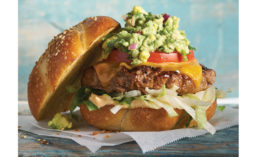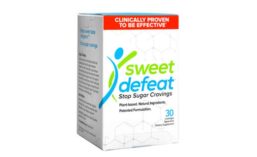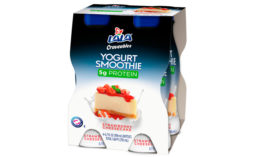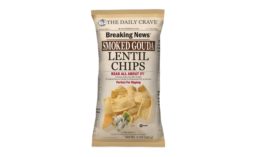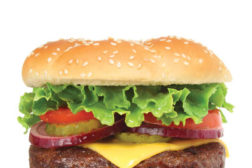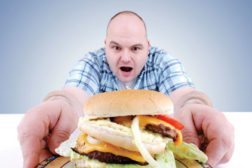Home » Keywords: » cravings
Items Tagged with 'cravings'
ARTICLES
Lozenge Combats Sugar Cravings
Sweet Defeat is a natural remedy for those seeking to curb sugar cravings and make better food choices
January 15, 2018
Craveables, New Yogurt Smoothies
The line comes in three dessert-style flavors: lemon bar, tres leches and vanilla cupcake
January 5, 2017
The Daily Crave Smoked Gouda Lentil Chips
The Daily Crave continues to innovate new products and flavors that deliver taste and value
November 16, 2016
Creating Craveable Burgers
In a recent Technomic poll, 95% of consumers said they eat burgers at least once a month.
September 19, 2013
Cravings on Consumers
Craveability is a major purchase driver for restaurants, with 83% of consumers saying that cravings are a main reason they purchase food away from home.
July 10, 2013
Cravings from Refined Carbs
Refined carbohydrates could trigger food cravings not unlike the cravings that drug addicts experience, new research suggests.
July 2, 2013
